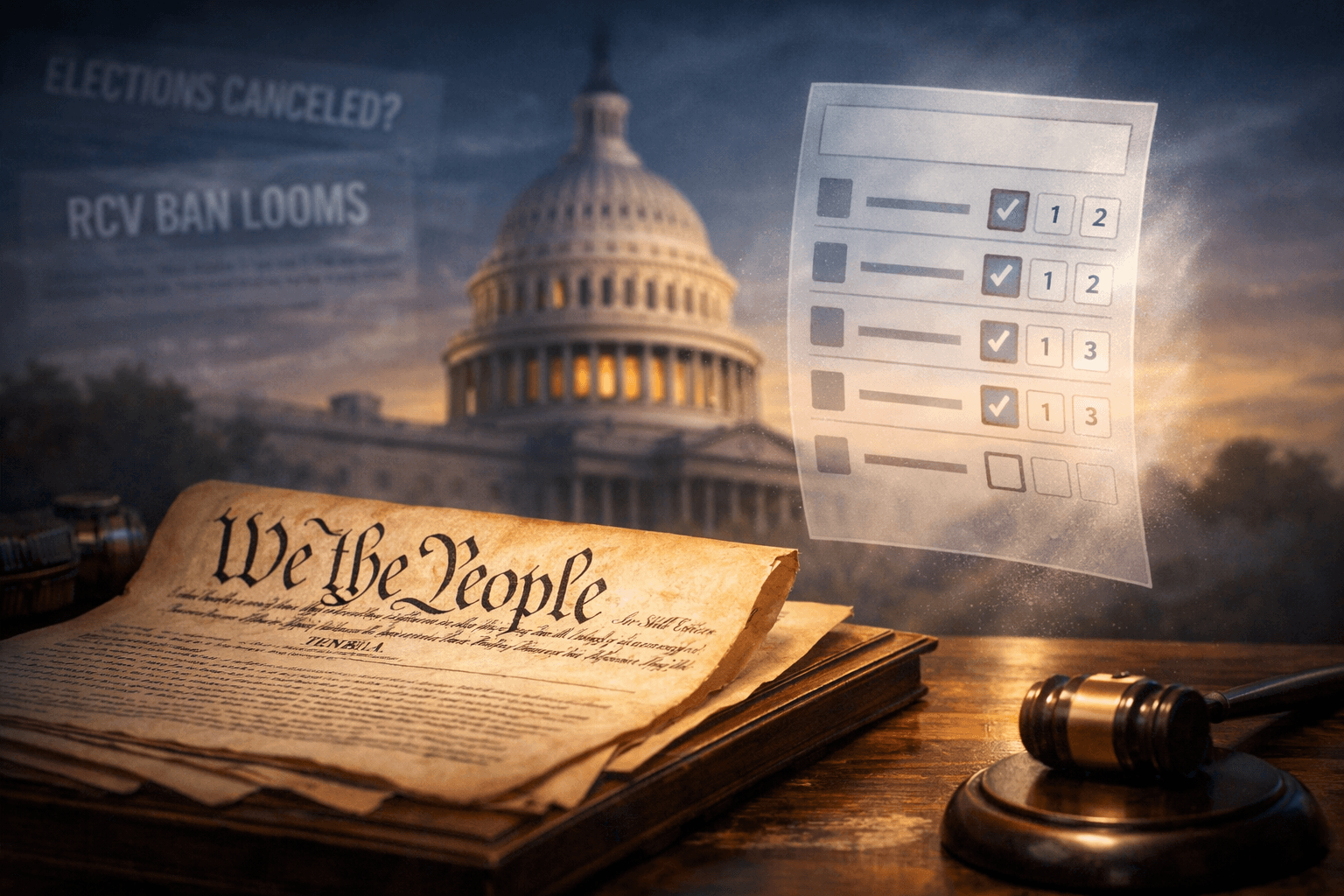Who is Right? Kennedy Challenges Pretty Much Every Conventional Medical Norm as Senate Explodes

Tensions boiled over when U.S. Health and Human Services Secretary Robert F. Kennedy Jr. testified before the Senate Finance Committee Thursday in the wake of turmoil at the Center for Disease Control [CDC], including his firing of CDC Director Susan Monarez.
At issue were also changes to COVID vaccine recommendations, including narrowing eligibility for the vaccine (e.g. excluding healthy children and pregnant women), as well as broader proposals narrowing immunization guidelines.
Kennedy says the “changes [at the CDC] were absolutely necessary adjustments to restore the agency to its role as the world’s gold-standard public health agency.” He claims the CDC failed in its response to the pandemic, and it is time to restore transparency and trust in the agency.
“We are the sickest country in the world. That’s why we have to fire people at the CDC. They did not do their job,” Kennedy said. “I need to fire some of those people to make sure this doesn’t happen again.”
Senators on both sides of the aisle, including Republicans, then turned the dial up to 11.
Sen. Raphael Warnock (a Democrat) called Kennedy “a threat to the public health of the American people.” Sen. Maria Cantwell (also a Democrat) called him “a charlatan,” adding on social media that he is “undermining the whole health care delivery system.”
Some Republicans, like Sen. Bill Cassidy, tried to keep things calm – but were still critical of Kennedy’s job performance.
As a physician, Cassidy applauded Kennedy for his shared stance on transparency with President Donald Trump, and said Trump deserved a Nobel Prize for his leadership on Operation Warp Speed, which was the 2020 public-private partnership that accelerated the development of a COVID vaccine.
But then Cassidy challenged Kennedy on his past statements criticizing COVID response, including a statement he made to another senator during the same hearing that the vaccine killed more people than the infectious disease itself.
Kennedy pushed back, claiming he didn’t say that and added that he believes Operation Warp Speed is praiseworthy because it quickly got to market a vaccine that matched the COVID strain at the time.
Senate Majority Whip John Barrasso, an orthopedic surgeon, said he has “grown deeply concerned” over HHS’ policies under Kennedy’s tenure.
“Americans don’t know who to rely on,” he said. “There are real concerns that safe, proven vaccines like measles, like Hepatitis B, could be in jeopardy. That could put Americans at risk and reverse decades of progress.”
Sen. Thom Tillis, also a Republican, said:
I don’t see how you go over four weeks from a public health expert with unimpeachable scientific credentials, a longtime champion of MAHA values, caring and compassionate and brilliant microbiologist and four weeks later fire her.”
The narrative online and in the media over this has turned the entire story into a conflict between two sides: One saying Kennedy is nothing more than an anti-vaxxer and the other saying anyone who challenges his statements on vaccines, new immunization guidelines, and blindly listening to experts are shills for Big Pharma.
But there’s more to this story.
For example, Kennedy has taken considerable heat for cautioning people not to blindly trust health and science experts. In August, he said “trusting the experts is not a feature of science. It's not a feature of democracy. It's a feature of religion and it's a feature of totalitarianism.”
Bernie Sanders pressed Kennedy on this topic:
You’ve got the AMA (American Medical Association) representing hundreds of thousands of doctors, the American Academy of Pediatrics, the American Public Health Association — all of these organizations are telling us that Covid vaccine and vaccines in general are safe and effective. You are casting doubt on that."
Kennedy replied by expanding on his belief that there is a distinction between the “established science” and the “scientific establishment,” asserting that the latter has been “co-opted by the pharmaceutical industry.” He claims the American people should be given a chance to look into these issues themselves.
The exchanges got so heated that Kennedy even called out senators for taking money from Big Pharma. “I know you have taken $885,000 from pharmaceutical companies,” he said to Sen. Elizabeth Warren.
This targeted a financial conflict of interest that lawmakers and many people charged with making health care policy and decisions have in the U.S.
However, Cassidy noted that many of the people Kennedy has recommended to boards like the Advisory Committee on Immunization Practices (ACIP) “have received revenue for serving as expert witnesses for plaintiffs’ attorneys suing vaccine makers.”
In other words, Cassidy suggested Kennedy isn’t consistent in his alleged crackdown on corruption.
Cassidy, along with other senators like Sanders and Warren, accused Kennedy of denying people vaccinations they needed. Kennedy asserted that they were wrong, and that most people are going to be able to get the vaccines they need from pharmacies for free.
He added that his position is not to recommend products that don’t have enough clinical data for the recommendation.
The Senate Finance Committee hearing was perhaps the most combative and loudest political moment Americans have witnessed in some time – even bringing together Republicans and Democrats on their criticisms of Kennedy (though Democrats went more for the throat).
National headlines have already painted this as “RFK Jr vs Dems” or “Senators tear into RFK Jr. over vaccine restrictions in explosive hearing.” But buried beneath the drama are credible issues by all parties involved, including:
- How dangerous is the situation at the CDC to public health?
- Is there adequate transparency from health agencies and professionals charged with medical recommendations?
- Should U.S. lawmakers be making health care policy while receiving hundreds of thousands of dollars from pharmaceutical companies?
- What about people with a paid bias against vaccines?
- Should we be encouraging stronger, more transparent scientific consensus?
- Or more fly-by-night medical influencers and commentators on Instagram, TikTok, and Facebook who claim to have “done the research themselves”?
 Shawn Griffiths
Shawn Griffiths






